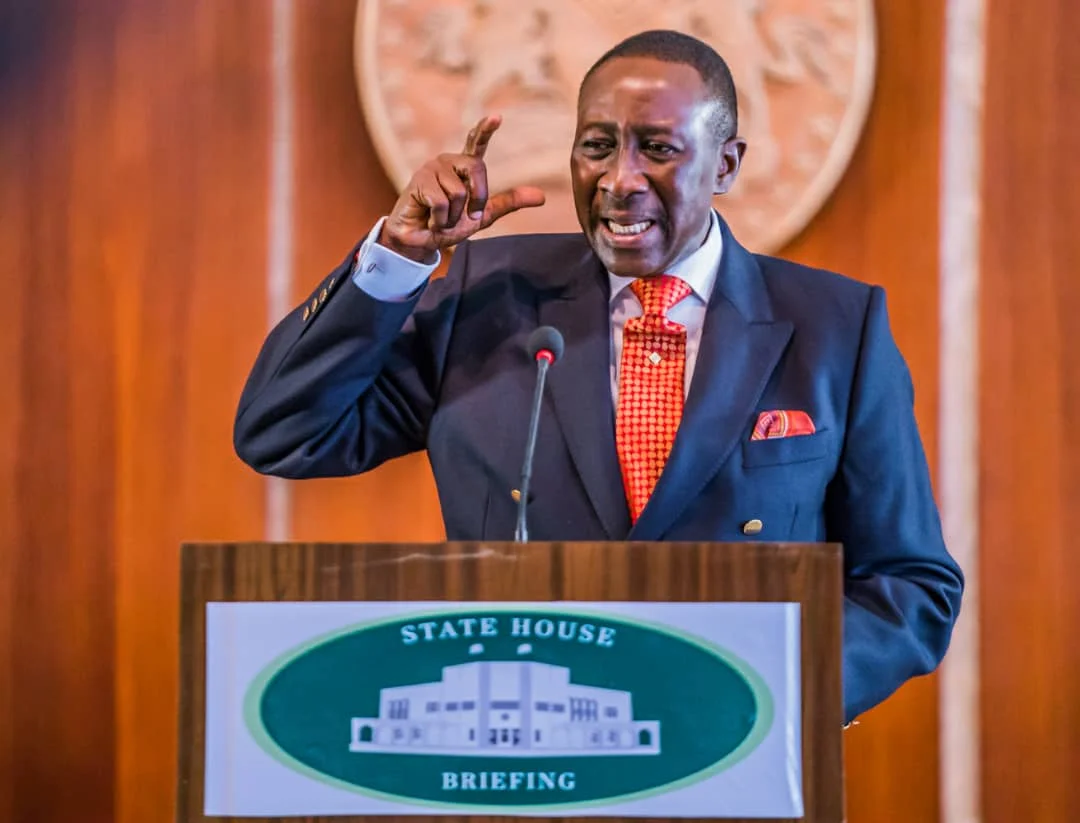Nigeria has taken a significant step towards enhancing international cooperation and sustainable development by signing the Samoa Agreement on June 28, 2024, in Brussels, Belgium. This pivotal partnership agreement involves the European Union (EU) and its Member States on one side, and members of the Organisation of African, Caribbean, and Pacific States (OACPS) on the other.
The Samoa Agreement has been in the works since 2018, with negotiations kicking off during the 73rd United Nations General Assembly. Initially signed in Apia, Samoa on November 15, 2018, by all 27 EU Member States and 47 of the 79 OACPS Member States, this agreement has been a long-awaited milestone.
The agreement comprises 103 articles and includes a common foundational compact alongside three regional protocols—Africa-EU, Caribbean-EU, and Pacific-EU. Each protocol is tailored to address the specific needs and challenges of its respective region.
For Africa, the regional protocol is divided into two parts: the Framework for Cooperation and Areas of Cooperation. These sections focus on inclusive and sustainable economic growth and development, human and social development, environmental and natural resource management, climate change, peace and security, human rights, democracy, governance, and migration and mobility.
Before signing the agreement, Nigeria conducted an extensive review and consultation process. The Interministerial Committee, led by the Federal Ministry of Budget and Economic Planning (FMBEP) in collaboration with the Ministry of Foreign Affairs (MFA) and the Federal Ministry of Justice (FMOJ), meticulously ensured that none of the 103 articles contradicted Nigeria’s 1999 Constitution or existing laws.
Accompanying Nigeria’s endorsement was a Statement of Declaration, dated June 26, 2024, which clarified that any provision inconsistent with Nigerian laws would be considered invalid. This statement underscores Nigeria’s commitment to upholding its national legislation, including the 2014 law against same-sex relationships.
Minister of Information and National Orientation, Mohammed Idris, reassured Nigerians that the President Bola Tinubu Administration is committed to safeguarding the nation’s interests. He emphasized that the Samoa Agreement is a crucial legal framework designed to promote sustainable development, tackle climate change, create investment opportunities, and foster international collaboration among OACPS Member States.
This historic signing signifies a new era for Nigeria, promising stronger international partnerships and a brighter, more sustainable future for its citizens.







2 Comments